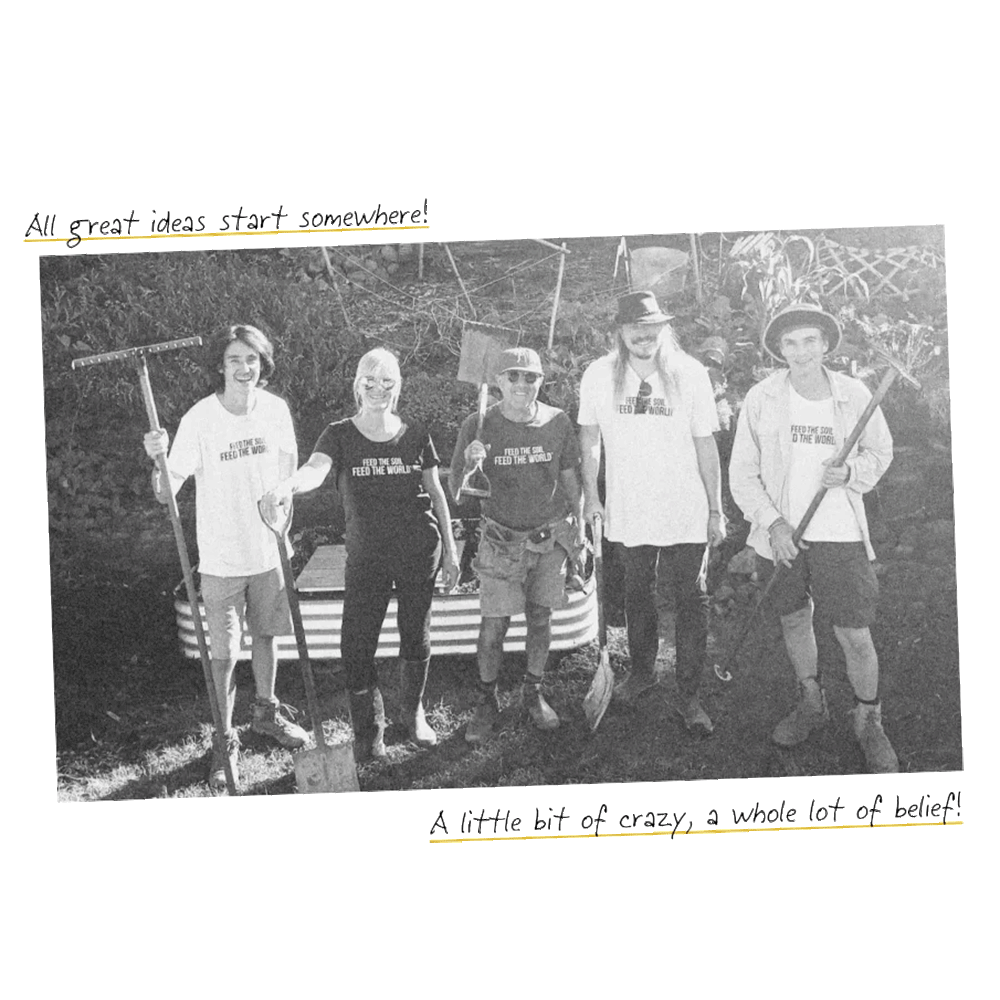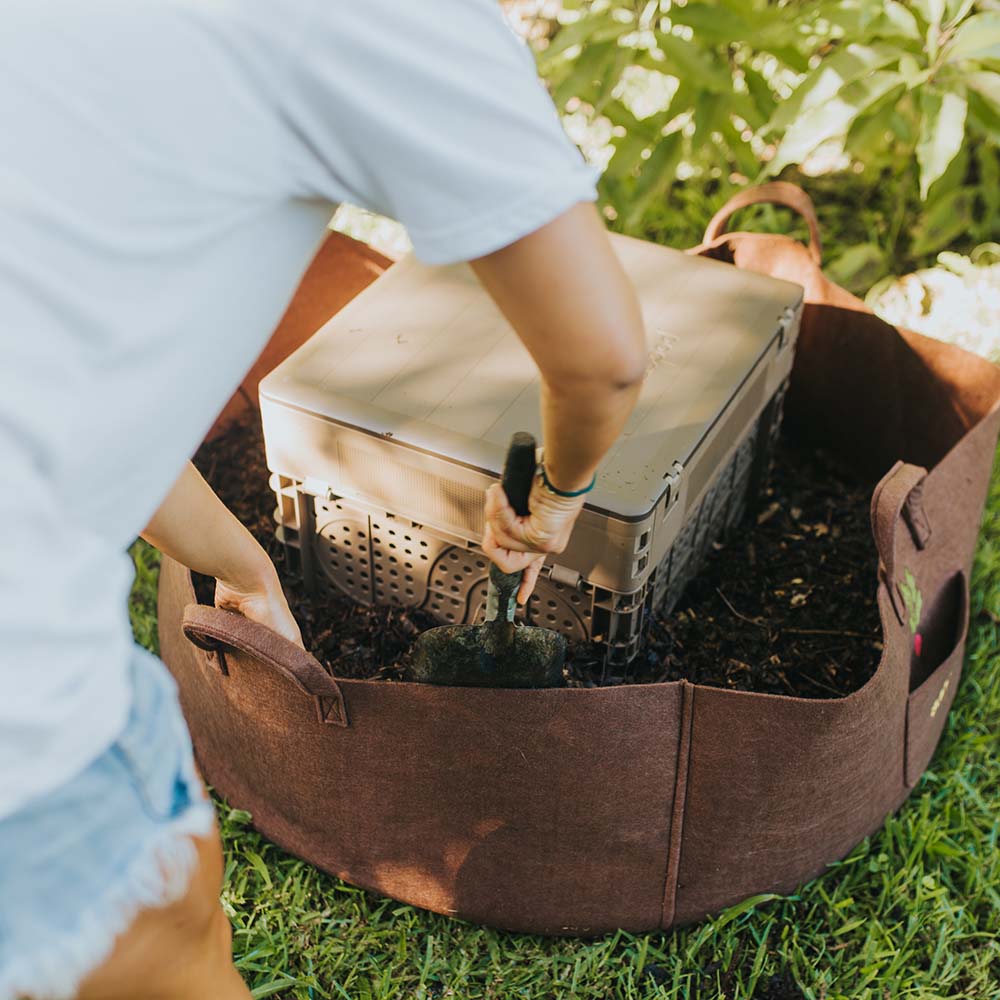Welcome to The Feed! This is where we share good news stories about the environment and composting tips with our community every week. Subscribe to our newsletter to get a short & sweet version of The Feed delivered to your inbox every week!
Grow your own cocktail garden
Imagine drinking a beer under a beautiful arch covered in bright, fanning leaves and small light green buds – and being told that the drink in your hand was made with that same plant.
Cocktail gardens aren’t just gardens you drink cocktails in – savvy drinkers of both alcoholic and non-alcoholic beverages have started growing their own botanicals to naturally flavor their spritzers! Hops, the vining plant we just described, is commonly used in beer brewing to add acidic and bitter flavor.
It also has the added advantage of being an excellent climber, an easy way to add a green canopy to any outdoor space. This got Megan Backhouse, a journalist for Australian newspaper The Age, thinking about what other things we grow in the garden could double as fun additions to your evening tipple.
“... anyone can tweak the flavour of a drink that is already distilled. For every edible plant you grow, it’s worth turning your mind to the drinks cabinet as well as the kitchen.
Right now this might include mixing peaches and mint into bourbon or adding cucumber and thyme to gin. Tomatoes and chillies to spare? Shake them in vodka. Add basil to tequila and lavender to rum.”
Ancient trees help keep surrounding forests alive
Much like mothers shape their children’s immune systems through the unique properties of their breast milk, it turns out that ancient trees shape the health of the surrounding forest through genetic resilience.
Chuck Cannon, director of The Morton Arboretum’s Center for Tree Science, recently reported that old and ancient trees (often 10 to 20 times older than nearby trees) radically impact the genetic diversity of the trees that surround them.
These ancient trees have survived countless environmental changes over hundreds or thousands of years, including disease and climate fluctuation, and they’ve been proven to be able to pass this resilience on to their forest, helping it thrive through changes in the environment.
Not only that, but these ancient trees are able to sequester a much larger amount of carbon from the atmosphere compared to typically mature trees! But unfortunately, it isn’t all good news.
As the climate changes, the average mortality rate for trees goes up, and while we can plant trees in an effort to combat this, every ancient tree lost will take thousands of years to regain.
“This study recalls the urgent need for a global strategy to conserve biodiversity, not only by preserving intact forests, but in particular the small remnant of a few ancient trees that have survived in managed forest landscapes.” – Gianluca Piovesan, ecological researcher.
Is compost essential for a garden?
The words “garden” and “compost” seem so right together, you might never have questioned it before. But for the time-poor or beginner gardener, it’s a fair question! So, do you really need compost for a thriving garden?
We’re sure there are plenty of gardeners around the world who manage to make do without their own compost, but odds are they use synthetic fertilizers or bagged compost mixes from nurseries to make up for the lost nutrients.
Since food waste is the third biggest cause of CO2 pollution in the world, it doesn’t make sense to spend money on fertilizers when you could make your own for free – and help the planet while you’re at it.
But what exactly does compost do to your soil to make it so healthy? How should you use your compost once it’s made? And how do you revive soil that’s so dry it's basically dust? Click the button below to find out!
Haven't got a Subpod yet?
Check out our easy to use compost systems!







Leave a comment
This site is protected by reCAPTCHA and the Google Privacy Policy and Terms of Service apply.